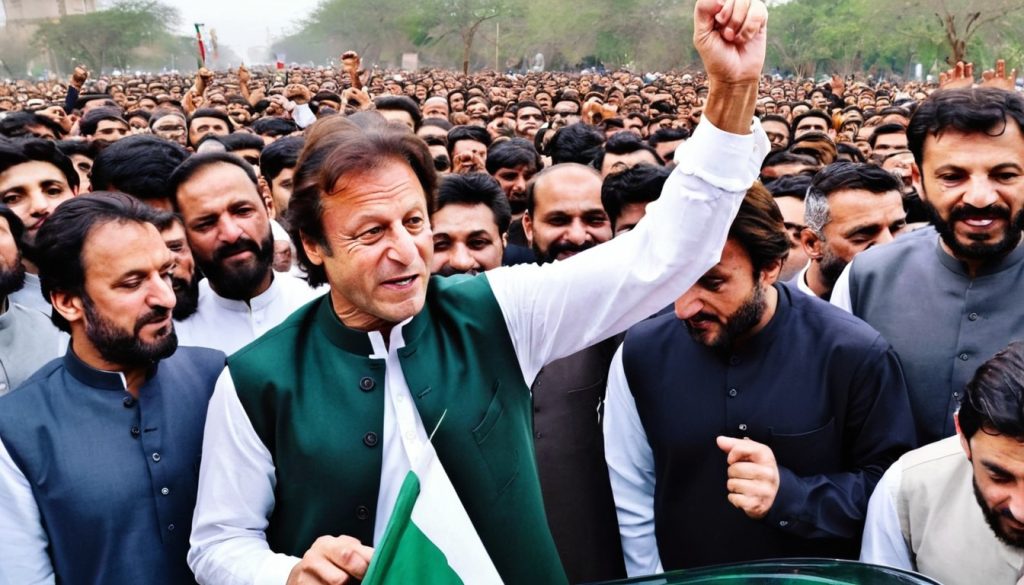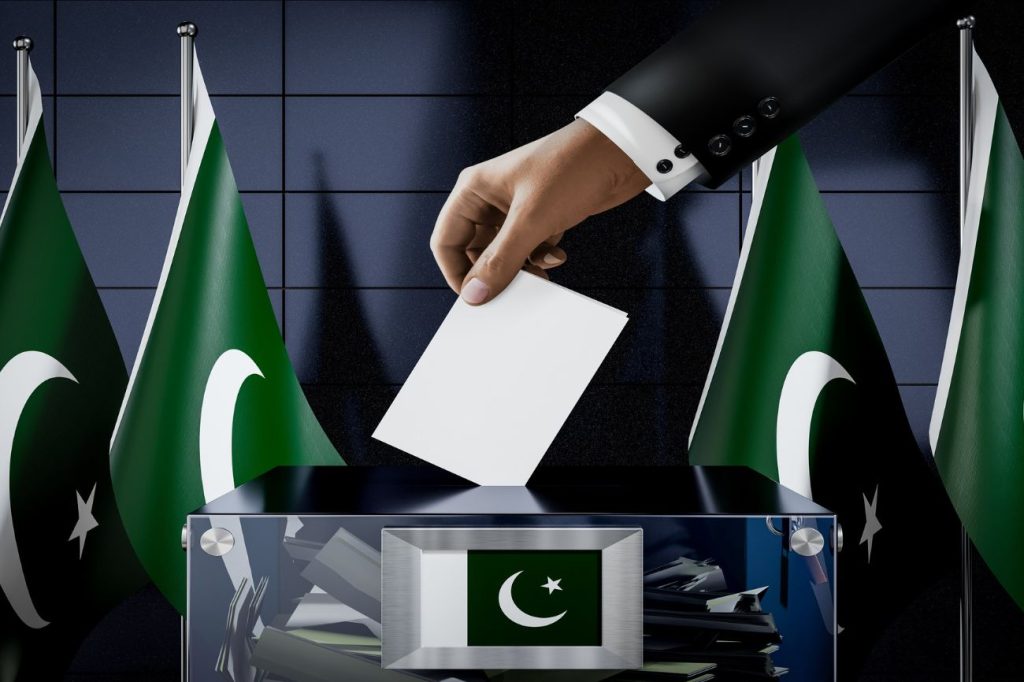Should Pakistan Tehreek-e-Insaf (PTI) Protest? – A Balanced Perspective

Should Pakistan Tehreek-e-Insaf (PTI) Protest? – A Balanced Perspective
Political protests have been a frequent feature of Pakistan’s democracy. From street demonstrations to sit-ins, protests have played a central role in shaping political discourse. One party that has notably utilized protest as a political tool is Pakistan Tehreek-e-Insaf (PTI), led by Imran Khan.
Given the current political climate, arrests of PTI leaders, restrictions on media coverage, and ongoing legal challenges, a crucial question arises:
Should PTI take to the streets again, or should it adopt a different strategy?
✦ Arguments in Favor of Protesting:
1. A Constitutional and Democratic Right
Peaceful protest is a fundamental democratic right. If PTI believes it is being silenced, denied fair participation, or unjustly targeted, it has every legal and moral right to mobilize its supporters peacefully.
2. Against Political Victimization
With thousands of PTI workers arrested and party leadership facing multiple legal battles, protest becomes a way to demand justice and raise awareness against alleged political victimization.
3. Questioning Electoral Transparency
If the party believes that elections were rigged or manipulated, then protests can serve as a pressure tactic for electoral reforms and accountability.
4. Public Engagement Amidst Media Censorship
When mainstream media is restricted, street-level activism becomes a powerful method to reconnect with the masses and spread the party’s narrative.
✦ Arguments Against Protesting:
1. State Crackdown Risks
The government and institutions have shown zero tolerance for protests in recent years. Any mobilization could result in mass arrests, bans, or even violent crackdowns, causing more harm than benefit.
2. Economic Strain on the Public
With inflation, unemployment, and general instability already affecting daily life, large-scale protests could worsen public hardship and turn neutral citizens against PTI.
3. Isolation from Political Dialogue
Continuous confrontation may close doors for meaningful political negotiations and coalition building, leaving the party further isolated.
4. Protest Fatigue
After years of rallies, sit-ins, and marches, even PTI supporters may be experiencing fatigue. If no tangible results follow, public interest may gradually decline.
✦ What Are the Alternatives?
If PTI chooses not to protest, several other strategies remain available:
-
Legal battles through the judiciary
-
Parliamentary engagement (if allowed)
-
Social media and digital outreach
-
Building international pressure on human rights and democratic grounds
-
Community-based mobilization and grassroots reorganization
✦ Conclusion:
Protest is a tool—not a destination. When used wisely, it can empower a political movement, attract public support, and drive institutional reforms. However, if overused or mismanaged, it can backfire and alienate both the public and allies.
PTI should protest—only if it’s peaceful, well-organized, and rooted in a clear objective. Emotional reactions or chaotic demonstrations may yield short-term sympathy but not long-term success.
In the end, it’s not about whether PTI protests, but how, why, and for whom it chooses to do so.
 LED Bulbs
LED Bulbs Downlights
Downlights Tube Rod
Tube Rod Batten Light
Batten Light Panel Lights
Panel Lights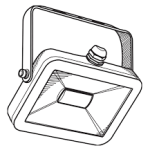 Flood Light
Flood Light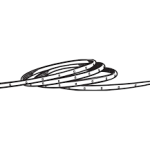 Rope Light
Rope Light Strip Light
Strip Light Solar Street Light
Solar Street Light Integrated
Integrated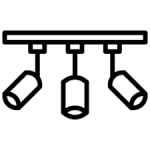 Track Light
Track Light Highbay Lights
Highbay Lights Canopy Lights
Canopy Lights Garden Light
Garden Light Emergency Lights
Emergency Lights
 Ceiling Fan
Ceiling Fan Pedestal Fan
Pedestal Fan Louver Fan
Louver Fan Bracket Fan
Bracket Fan Exhaust Fan
Exhaust Fan Table Fan
Table Fan Misting Fan
Misting Fan
 Glamor Series
Glamor Series Star Series
Star Series Rose Gold Series
Rose Gold Series Aluminium Series
Aluminium Series

 PPRC Pipes & Fittings
PPRC Pipes & Fittings U-PVC Pipes & Fittings
U-PVC Pipes & Fittings U-PVC Ducts
U-PVC Ducts
 Electric Heaters
Electric Heaters
 Lear Circuit Breaker
Lear Circuit Breaker PVC Tape
PVC Tape
